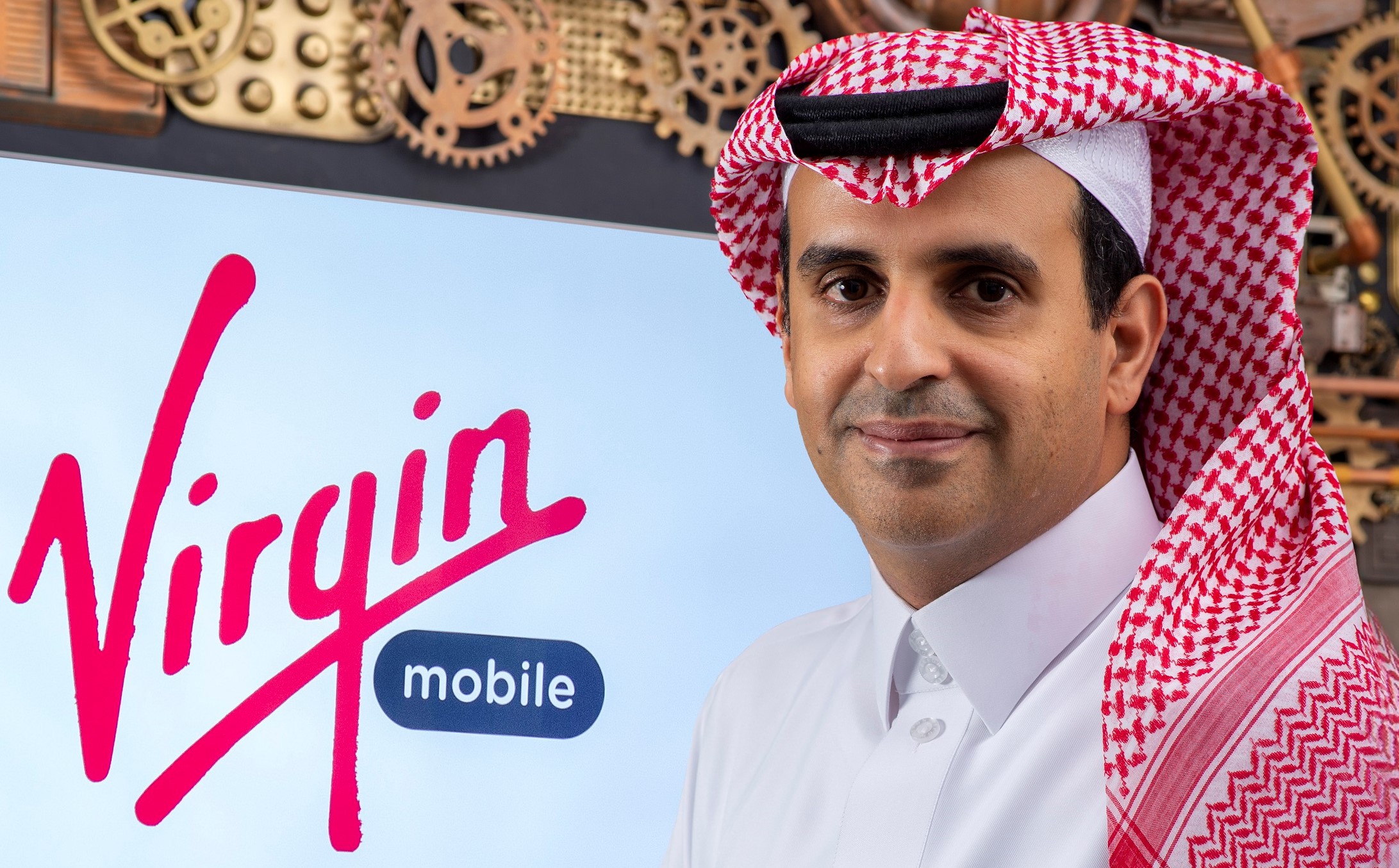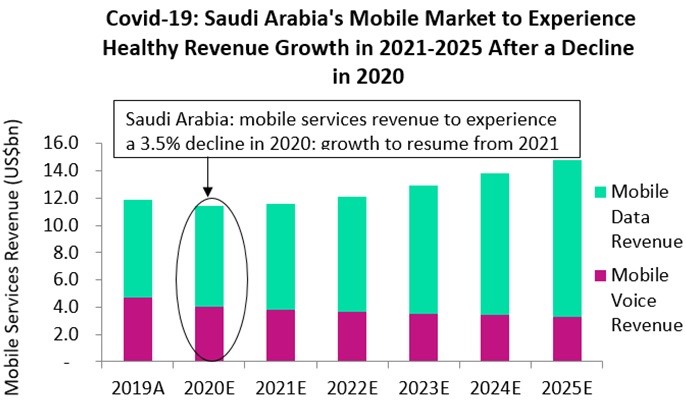Virgin Mobile aims to increase its market share in Saudi Arabia through digitisation
New CEO eyes 15% share by 2022 from 10% now and have eyes on entering into fixed broadband space

Virgin Mobile’s new CEO for Saudi Arabia is revving up to drive digital transformation in the Kingdom and increase its market share in the mobile broadband space from 10% to 15% by 2022.
In an exclusive interview with TechRadar Pro Middle East, Yaarob Al Sayegh, said that Virgin has 2.5m mobile subscribers in Saudi Arabia and is confident of increasing its market share as 60% of the population is youth and these are the people who demand customised packages and digital services.
Virgin Mobile is operating as a mobile virtual network operator (MVNO) in Saudi Arabia since 2014, in partnership with STC.
Virgin Mobile operators in three Gulf markets — UAE, Oman and Saudi Arabia. In the UAE, Virgin Mobile has a tie-up with Dubai-based EITC, the parent company of du.
Saudi Arabia has three national operators — STC, Mobily and Zain — while Etihad Atheeb Telecom (GO) and Integrated Telecom Company (ITC) as fixed-line operators.
Saudi Arabia’s telecoms regulator Communications and Information Technology Commission (CITC), which has offered MVNO licenses to Virgin, Etihad Jawraa and Lebara, is inviting two more bids for MVNOs this year to increase competition and drive innovation in the mobile communications sector.
“Taking over as CEO during the Covid-19 pandemic is a challenge but as a telco, we have proven as the head of digitisation for the people and businesses. I am excited to take over as CEO as we are in a digital economy and are in a good time to serve our customers in the time of need,” Al Sayegh said.
Are you a pro? Subscribe to our newsletter
Sign up to the TechRadar Pro newsletter to get all the top news, opinion, features and guidance your business needs to succeed!
The former Mobily senior executive, who also held executive positions at Intigral and STC, seeks to strengthen its unique portfolio of digital services with further product developments centred on customers’ individual demands and needs.
Al Sayegh said that Saudi Vision 2030 programme and 2020 National Transformation Plan have enabled digitisation across the country and they are central for the growth of the nation’s telecommunications space and to attract investment, diversify the economy, support the advancement of key industries and deploy new digital-based experiences through new and innovative services.
FTTH services to gain traction
Virgin Mobile has eyes on the fixed broadband space and Al Sayegh said that they are monitoring the market.
“Right now, our focus is on the mobile broadband segment but we are looking at how we can add value to the fixed broadband space,” he said.
Globally, Saudi Arabia’s fixed broadband penetration is considered low and the government has been working very hard in developing fibre-based networks, instead of DSL.
According to Ookla, Saudi Arabia is ranked 10th in mobile broadband download speed test with 55.71Mbps in April while it is ranked 48th in fixed broadband space with a download speed of 62.66Mpbs, below UAE, Qatar and Kuwait.
Saudi Arabia has set an ambitious target to connect 3.5m households to ultra-fast Fibre-to-the-Home (FTTH) broadband networks by the end of 2020, according to ITU.
To enhance service offerings and increase customer take-up of fibre networks, the Communications and Information Technology Commission (CITC), the telecoms regulatory authority of Saudi Arabia, has championed an “Open Access Initiative” to allow all of its six telecommunications companies to offer FTTH services in every household.
“Today, this open access is limited to converged full license operators. However, as an MVNO, we will look into entering the market when the opportunity arises,” Al Sayegh said.
Moreover, he said that Saudi is a big market and there is an opportunity for everyone.
“The country’s vision is that more competition and players in the market will increase higher penetration and more adoption of telecom services,” he said.
Rosy outlook

Even though Saudi Arabia’s mobile services market will experience a 3.5% decline in revenue for 2020 due to Covid-19 and lockdown, according to research firm GlobalData, growth is expected to resume from 2021, supported by higher mobile data consumption, 5G adoption, focus on prepaid to postpaid migration and growth in cellular M2M/IoT.
The Kingdom was the first to launch commercial 5G technology in the region.
GlobalData expects 5G to develop relatively quickly in the market, accounting for 40% of total mobile subscribers by 2025.
Al Sayegh said that every industry is impacted by the pandemic but as the lockdown is easing and reopening the economies; the future for telecoms industry is rosy.
Mobile data consumption, for instance, according to GlobalData, will continue to surge, opening the opportunity for telcos to up-sell customers with larger data plans in order to meet their needs for entertainment, streaming, eLearning, telework, eHealth and social networks usage.
The research firm expects the average data usage per smartphone customer to reach 16GB by 2025, up from an estimated 5GB in 2019.
Regarding 5G, Al Sayegh said that they are ready and in discussions with its partner STC but not in the pipeline soon.
“ICT and telecoms will be the backbone of the future economy and help the country diversify its economy,” he said.